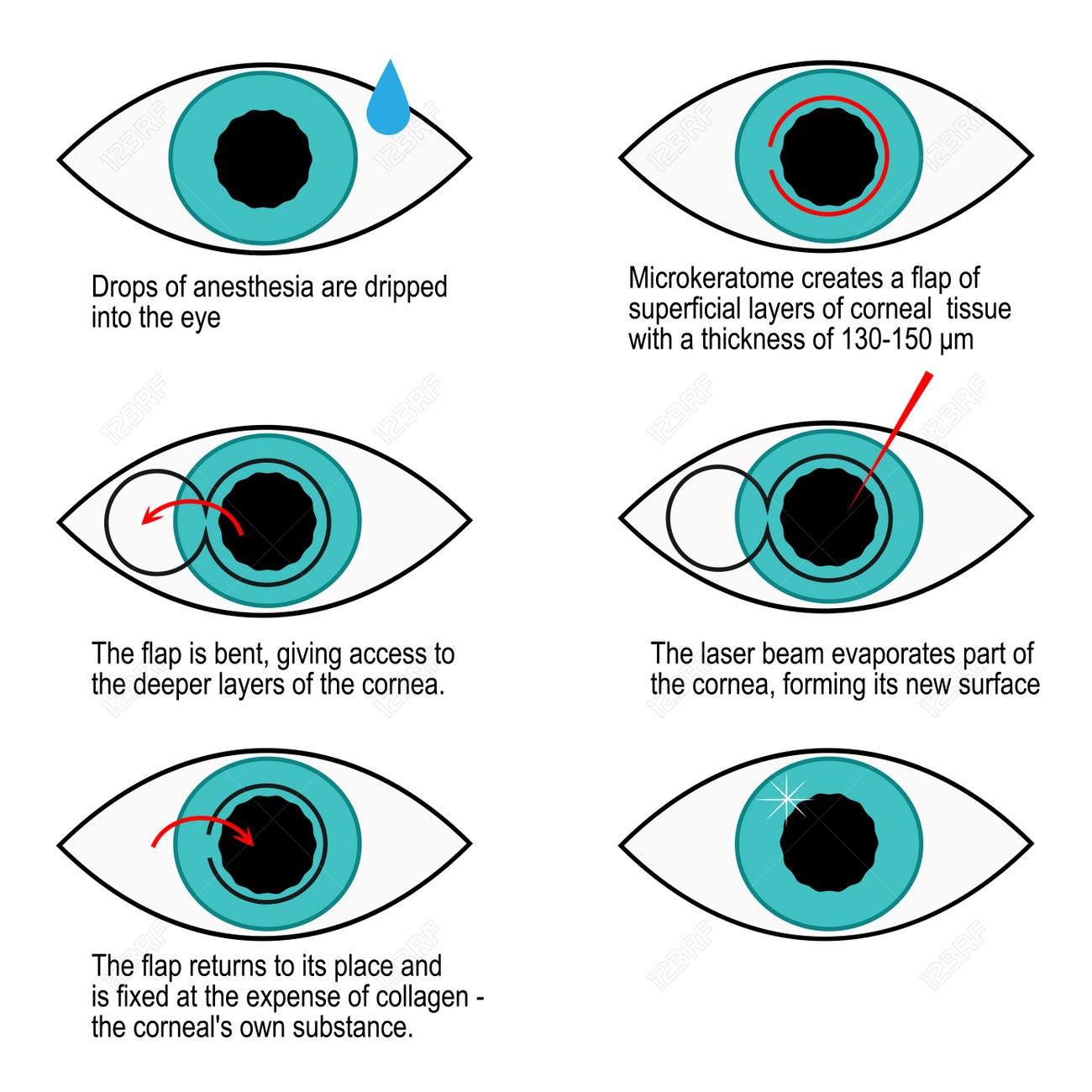Considering SMILE Surgical Treatment? Discover Vital Factors To Consider And Understandings To Help You In Making A Knowledgeable Choice About Your Aesthetic Leads
Considering SMILE Surgical Treatment? Discover Vital Factors To Consider And Understandings To Help You In Making A Knowledgeable Choice About Your Aesthetic Leads
Blog Article
Content Created By-Diaz Storm
If you're contemplating SMILE eye surgical procedure, contemplate this: are you prepared to embrace potential aesthetic flexibility, or does the thought of any type of dangers make you think twice? Your choice will hinge on a cautious equilibrium of considering the benefits versus the uncertainties. It's crucial to delve much deeper right into the nuances of SMILE surgical procedure to make an informed option that aligns with your aesthetic goals.
Understanding SMILE Eye Surgical Treatment
When taking into consideration SMILE Eye Surgery, it is very important to understand the treatment and its benefits. SMILE, which represents Tiny Incision Lenticule Removal, is a minimally invasive laser eye surgical procedure that corrects usual vision issues like nearsightedness (nearsightedness).
Throughout https://writeablog.net/tracy9177ilene/techniques-for-seasonal-dry-eyes-just-how-to-properly-handle-signs-during , your eye specialist will make use of a femtosecond laser to produce a small incision in your cornea. Through this incision, a tiny disc of cells called a lenticule is eliminated, reshaping the cornea and correcting your vision.
Among the key advantages of SMILE Eye Surgical procedure is its quick recovery time. Many individuals experience boosted vision within a day or 2 after the procedure, with marginal pain.
Furthermore, SMILE is known for its high success rate in offering long-term vision modification. Unlike LASIK, SMILE doesn't call for the production of a flap in the cornea, minimizing the danger of difficulties and permitting a much more steady corneal framework post-surgery.
Understanding the procedure and its advantages is vital when taking into consideration SMILE Eye Surgical treatment for vision correction.
Advantages and disadvantages of SMILE
Thinking About SMILE Eye Surgery for vision correction comes with different benefits and potential drawbacks.
One of the main pros of SMILE is its minimally intrusive nature, as it entails a small incision and typically leads to fast recovery times. The treatment is additionally recognized for causing very little pain and dry eye signs post-surgery contrasted to other vision modification methods. In addition, SMILE has been shown to offer excellent visual end results, with several individuals accomplishing 20/20 vision or better.
On the other hand, a potential disadvantage of SMILE is that it might not appropriate for individuals with severe refractive errors, as the treatment variety is rather limited contrasted to LASIK. An additional factor to consider is that the knowing contour for specialists implementing SMILE can impact the availability of skilled service providers in certain locations.
It's important to weigh these benefits and drawbacks meticulously when deciding if SMILE is the best selection for your vision adjustment needs.
Figuring Out Eligibility for SMILE
To determine if you're eligible for SMILE eye surgery, your ophthalmologist will certainly perform a complete evaluation of your eye health and vision requirements. Throughout this analysis, factors such as the stability of your vision prescription, the density of your cornea, and the overall health and wellness of your eyes will certainly be evaluated.
Usually, candidates for SMILE are over 22 years old, have a secure vision prescription for at the very least a year, and have healthy corneas without problems like keratoconus.
Your optometrist will likewise consider your overall eye wellness, any kind of existing eye conditions, and your way of life needs to determine if SMILE is the appropriate option for you. Cataract Surgery Floaters to communicate any kind of details aesthetic requirements or problems you might have during this assessment to guarantee that the treatment lines up with your expectations.
If you aren't qualified for SMILE, your optometrist might advise alternate vision correction alternatives that better suit your specific demands and eye wellness standing.
Final thought
Ultimately, determining whether SMILE eye surgical treatment is right for you needs cautious consideration of your individual eye health and visual needs. Speak with your optometrist to determine your qualification for the procedure and evaluate the prospective benefits and disadvantages. Keep in mind to interact any problems or concerns you might have during the assessment process to make an educated choice regarding your vision modification choices.
